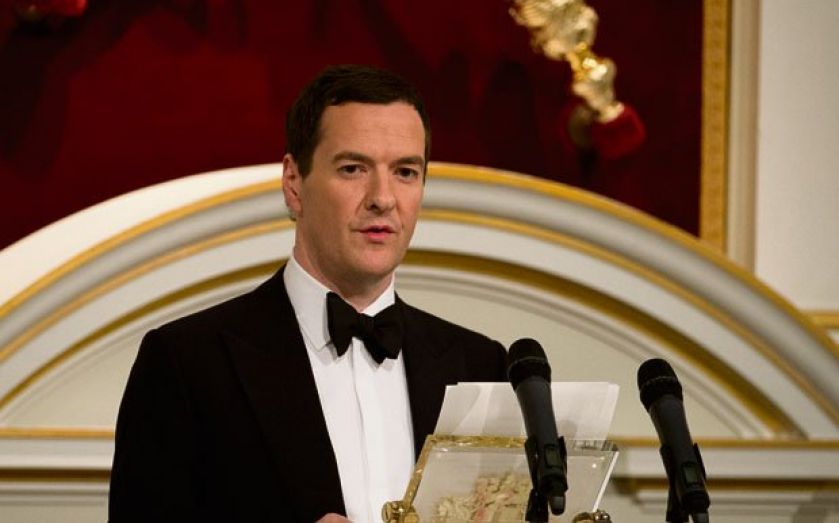How the Office for Budget Responsibility could decide Britain’s next government

THIS summer, the Office for Budget Responsibility (OBR) will review its estimates of the supply-side potential of the economy. Not exactly something that will have the tabloid headline writers holding their breath. But the implications of this largely technocratic exercise could be significant in the context of next year’s general election.
The coalition staked its reputation on deficit reduction and George Osborne has made fiscal consolidation his personal crusade. If the OBR’s review changes its understanding of how much potential the economy has to grow, it will also change the public perception of how successful the government has been, due to the connection between estimates of supply-side potential and the definition of the structural deficit.
If the potential of the economy to grow is greater than previously thought, then the size of the structural deficit is revised down, making the government’s attempts to eliminate it look more successful, even if the size of the Treasury’s annual overdraft is the same in cash terms. That would be a boon for the Conservatives, entrenching their lead in the minds of the public as the party best able to make tough economic choices.
Conversely, if the economy’s potential growth is less than previously thought, the proportion of the deficit that is structural is considered larger, and so the journey towards eliminating it takes longer. This will make Osborne’s austerity plan look less successful, forcing him to shift his political rhetoric to the need for longer-term solutions.
So which way will it go? There is no clear answer; not only do different economists have different views but, as the most recent Bank of England Inflation Report explains, neither is there a consensus between different members of the Monetary Policy Committee (MPC). The result is mixed messages: rapid job creation with low inflation implies considerable potential to grow, yet unless productivity also starts to pick up the economy may hit a buffer. This uncertainty around the economy’s underlying potential is reflected in the MPC’s actions last week: they didn’t question a largely benign forecast, yet nevertheless decided to bring forward market expectations of an interest rate rise.
Ultimately, the answer depends on the individual choices of millions of people: the finance director who brings mothballed capacity back into operation; the parent who sells skills hour-by-hour over the internet around the school run; the technician from Eastern Europe deciding to try their luck in London; the employee who discovers a smarter way to work: all of these micro decisions can raise the country’s economic potential.
The challenge for the OBR is to aggregate this into a meaningful model. To the extent that it causes any aspect of its forecasts to change, it could mean the chancellor is in line to present some good news – or otherwise – when he comes to make his pre-election Autumn Statement towards the end of the year.
Kitty Ussher is managing director of Tooley Street Research, chief economic adviser at Portland, a member of TheCityUK’s independent economists’ panel, and was City minister in the last government.